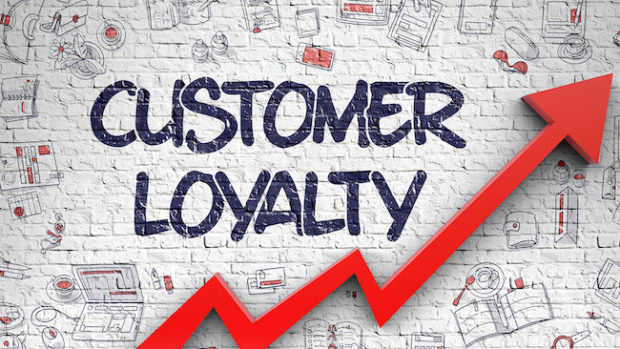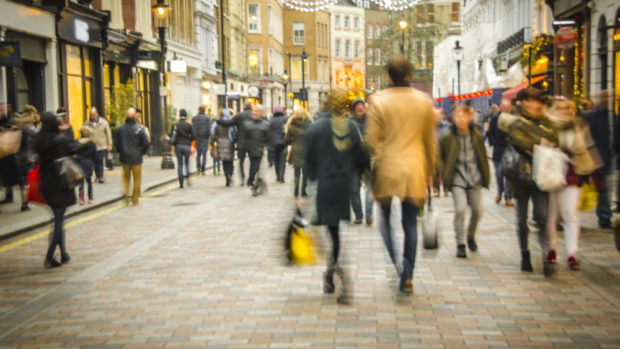Data from Barclaycard, which sees nearly half of the nation’s credit and debit card transactions, shows that essential spending grew slightly by 0.2 per cent, bolstered by a 1.5 per cent increase in supermarket expenditure.
However, essential spending was also impacted by a marked fall in fuel, which contracted by 3.9 per cent year-on-year. This drop is a result of the record high petrol prices in October 2018, with our data showing the number of transactions has remained relatively stable.
Non-essential expenditure saw slightly stronger growth of 2.0 per cent, yet the wet autumnal weather took its toll as over a fifth (22 per cent) of consumers reported spending less than usual on leisure activities and evenings out. This impacted entertainment, which includes concert and theatre tickets, with the category declining by 3.0 per cent. Clothing also dipped 0.3 per cent in a sign of the ongoing challenges faced by retailers.
In contrast, fast food and takeaways benefited from 6.9 per cent year-on-year growth. Although pubs and clubs did see an increase of 5.5 per cent in October, this was down from 12.9 per cent in September, reinforcing the wider data indicating that Brits opted to stay at home instead of go out.
It seems that UK adults are making a habit of carefully balancing their budgets as spending at discount stores grew by 7.7 per cent, with 61 per cent saying they are seeking value for money from their purchases.
This is perhaps why seven in ten (69 per cent) feel confident in their household finances and in their ability to live within their means each month (74 per cent). Yet retailers could be in for a challenging Christmas as less than half of Brits (47 per cent) are confident that they will be able to spend as much as they normally do on festivities.
In parallel, overall consumer confidence remained low in October. Just three in ten (31 per cent) Brits feel positive about the state of the UK economy, with the figure rising slightly to 37 per cent of over 55s but dropping to a low of 25 per cent among 34-54 year olds.
The trend towards stockpiling continues, with 17 per cent buying everyday items in case of potential shortages. Tinned goods top of the list, though household supplies – such as toilet roll – are becoming more popular to keep in reserve as 51 per cent are now stocking up on bathroom and cleaning supplies, compared to 40 per cent in September.
Esme Harwood, Director at Barclaycard, said: “Ongoing economic uncertainty combined with a bleak start to autumn led many Brits to stay in rather than spend out last month, choosing takeaways and evenings at home over socialising at bars or restaurants. As we head into the festive period, shoppers are also feeling cautious about their finances with many expecting to spend less than normal this Christmas. It’s likely we’ll see consumers continue to seek out value – whether that’s through buying more in discount stores or snapping up bargains in the Black Friday sales.”








Share